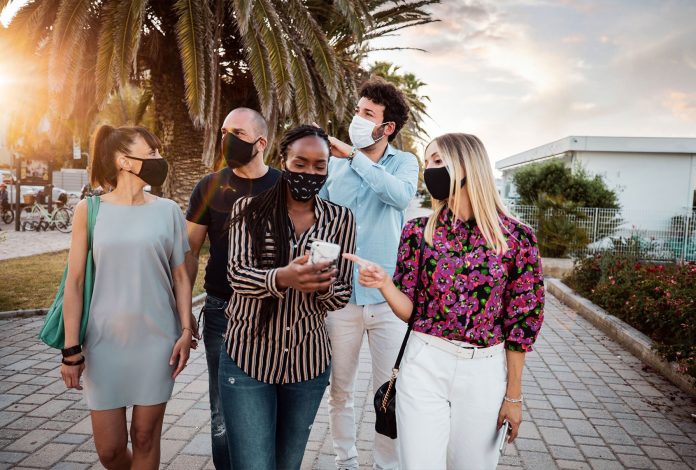The director of the Centers for Disease Control and Prevention (CDC) warned America’s governors on Tuesday that “small household gatherings” have been proved to spread the novel coronavirus, a fact that he urged the state executives to keep in mind as their citizens prepare for Thanksgiving.
“In the public square, we’re seeing a higher degree of vigilance and mitigation steps in many jurisdictions,” Dr. Robert Redfield told America’s governors during a Tuesday call, the audio of which was obtained and initially published by CNN. “But what we’re seeing as the increasing threat right now is actually acquisition of infection through small household gatherings. Particularly with Thanksgiving coming up, we think it’s really important to stress the vigilance of these continued mitigation steps in the household setting.”
Dr. Deborah Birx, the White House coronavirus task force coordinator, made similar remarks last week, telling reporters at a media briefing in Massachusetts that “it’s important for all of us to not let our guard down during Thanksgiving. We see that from the High Holy Days, people are just yearning to be together.”
The health experts’ concern has new urgency now, as Johns Hopkins University reported that America’s 7-day average for new daily cases rose above 50,000 for the first time in more than two months on Tuesday. It is now 51,000. The 7-day new case average hovered around 35,000 as recently as one month ago.
Medical experts agree that when people are gathered they should practice social distancing, wear masks and make sure rooms are properly ventilated. All of these steps help to keep people safe from the novel coronavirus, influenza and other respiratory diseases.
“Biologically, both influenza and the common cold are respiratory viruses that share the same airborne modes of transmission as SARS-CoV-2,” Dr. Russell Medford, chairman of the Center for Global Health Innovation and Global Health Crisis Coordination Center, told Salon last month. “The use of face masks, for example, would be expected to not only protect against the transmission of SARS-CoV-2 by infected persons but also influenza and the common cold. Equally important is the growing evidence that supports the use of face-masks to protect the healthy wearer from acquiring respiratory infections such as SARS-CoV2, influenza and the common cold.”
Indeed, while it is widely understood that coughing and sneezing can spread the novel coronavirus, a May study published in the journal Proceedings of the National Academy of Sciences suggested that even normal speaking can also infect people with the virus that causes the disease COVID-19.
“There is a substantial probability that normal speaking causes airborne virus transmission in confined environments,” explained the study’s co-authors.





























